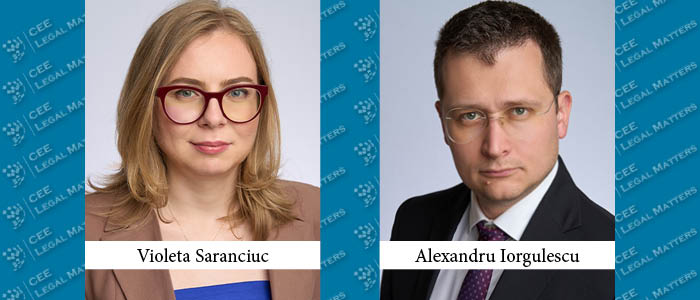As the first half of 2017 draws to an end, dispute resolution in Poland continues to face dynamic changes. This is due to numerous pieces of legislation being implemented as well as certain policy issues of the ruling party. We focus in this article on several trends or changes that our clients are struggling with or which might affect businesses in the foreseeable future.
The financial sector continues to be hit with consumer litigation and regulatory or criminal proceedings. In particular, banks are facing numerous claims concerning Swiss franc loans, including group action proceedings and even criminal investigations. While insurers have so far been spared from criminal investigations, unit-linked insurance still gives rise to consumer litigation, both in individual and group action cases.
Furthermore, businesses in every sector are going to be affected by the recent amendments to criminal law. In April 2017 new rules on the confiscation of assets in connection with a crime came into force, including those related to: (i) confiscation of the entire enterprise owned by an individual used to commit a crime or hide the proceeds of a crime; (ii) the imposition of compulsory company management on a corporate entity; (iii) presumption of criminal origin of proceeds regarding assets obtained five years prior to the commission of a crime. Furthermore, investigating authorities now have extended wiretapping abilities and may use evidence obtained via operational surveillance. Increased sanctions for invoice fraud (up to 25 years imprisonment) may provide incentive for developing internal control mechanisms and a system of reviewing business partners, as the authorities now verify all companies in a distribution chain and, in cases of invoice fraud, a company and its directors may now face consequences for the actions of their employees, agents, or business partners as well.
On June 1, 2017 dispute resolution legislation known as the “Creditors’ Protection Package” came into force. From now on, it will be clearer when investors in construction cases will be liable towards sub-contractors, creditors have a stronger position in enforcing their claims, general guidelines on administrative penalties will become regulated, and extended rules on settling disputes with administrative authorities will be in place. It remains to be seen whether the new law will also increase the importance and impact of group action proceedings, as it is designed to both facilitate the procedure and broaden the scope of disputes that qualify for it.
By the end of June 2017, the implementation of the Private Enforcement Directive should enter into effect. The Act on Actions for Damages for Infringements of Competition Law provides, among others, extensive document production tools previously unknown in the Polish legal system. As these have been present in other jurisdictions and in arbitration, both claimants and respondents might wish to turn to international law firms with expertise in these fields. Such firms may also be more useful in obtaining opinions of damages experts – a crucial element in complex disputes involving infringements of competition law.
The impact of the government’s continuous policy of infringing upon the independence of the judiciary remains to be seen. In contrast to the Constitutional Tribunal, thus far the changes in common courts have not been drastic, but if the general trend upholds, courts may become less reliable for resolving disputes. This could provide arbitration or mediation a significant opportunity to become a serious alternative in resolving commercial disputes.
Last but not least, the new act on the General Counsel to the Republic of Poland (PGRP) was implemented on January 1, 2017. As the PGRP has been granted extended powers allowing it to become the sole legal advisor and attorney for public authorities and companies, this may affect the legal industry in Poland.
The framework of resolving disputes in Poland is developing at an extraordinary pace, which continues to be a challenge for businesses but increases the importance of reliable legal advice. In view of the current trends, companies may look to extend their compliance teams and to preparing to deal with investigating authorities, particularly when it comes to handling internal and external investigations as well as the increased liability of directors.
By Malgorzata Surdek, Managing Partner, and Filip Grycewicz, Associate, CMS Poland
This Article was originally published in Issue 4.6 of the CEE Legal Matters Magazine. If you would like to receive a hard copy of the magazine, you can subscribe here.





























